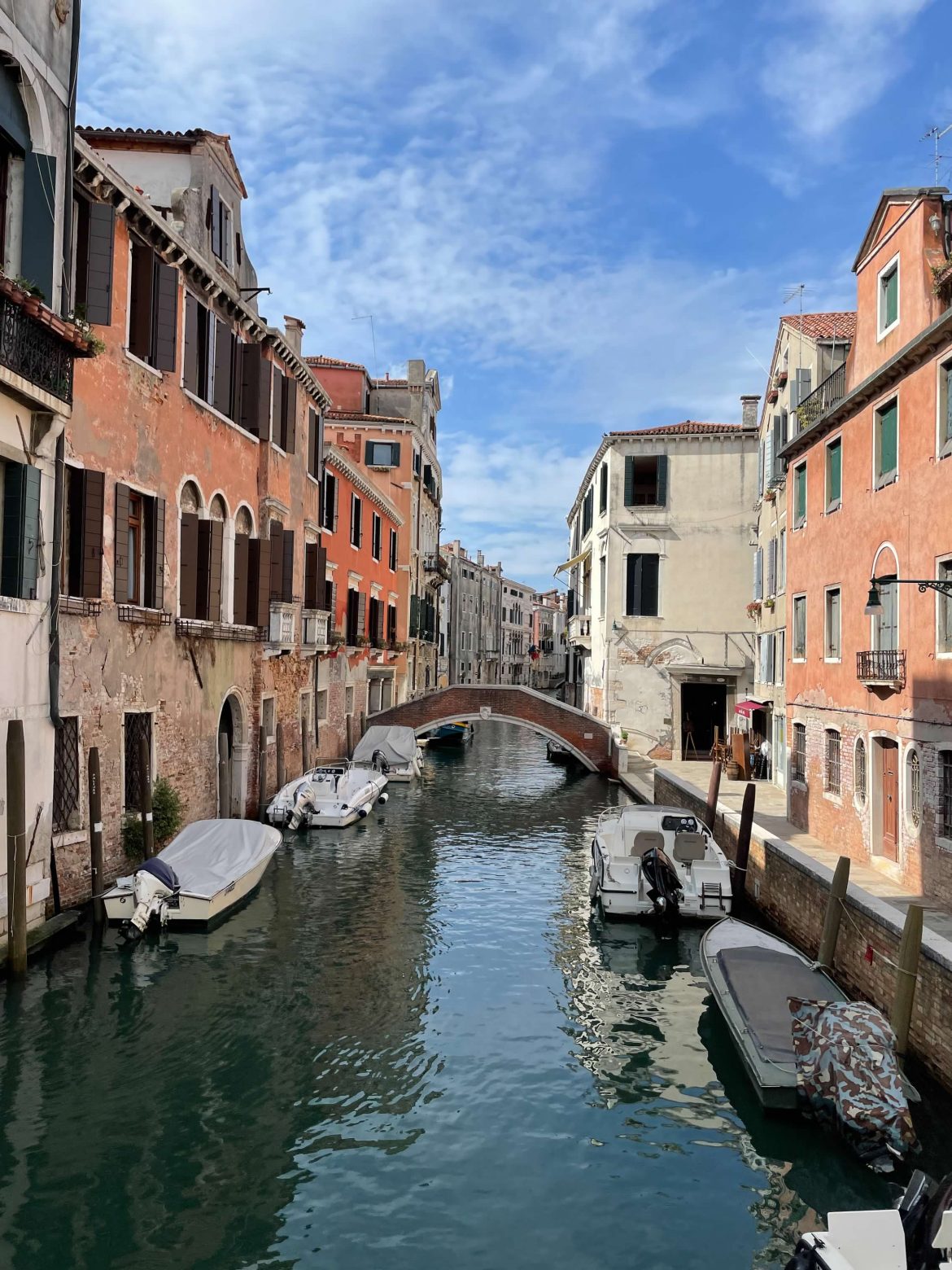Traveling the world is one of life’s greatest pleasures. However, a growing number of destinations are introducing tourist taxes, adding extra fees for visitors.
Whether it’s dubbed a ‘sustainability fee,’ ‘visitor levy,’ or ‘entry tax,’ the goal is generally the same – to manage over-tourism, fund conservation efforts, and support local infrastructure.
If you’re planning a trip in 2025, you might want to factor these fees into your budget. Here’s a breakdown of where you now have to pay to enter — and why.
What is a tourist tax?
A tourist tax is a fee charged to travellers when they arrive at (or sometimes stay in) a destination. It can be a flat fee added to your hotel bill, a charge upon entry into the country, or a separate city tax collected during your stay.
These taxes are becoming more common as popular destinations struggle with large crowds, environmental strain, and the costs of maintaining historical sites and public spaces.
Countries and cities where you’ll pay a tourist tax
1. Venice, Italy
Venice made headlines by becoming the first city to introduce a day-tripper fee starting April 2024. Visitors entering for the day (without staying overnight) must pay €5 = +/- R105.65. The fee is part of an effort to curb overtourism and preserve Venice’s delicate architecture and canals.
2. Bali, Indonesia
From February 2024, tourists visiting Bali must pay a new environmental tax of 150,000 Indonesian Rupiah (around +/- R165.86.) This one-time fee is meant to support the island’s environmental conservation and cultural preservation projects.
3. Bhutan
Bhutan has long had one of the most expensive tourist taxes in the world. Travellers must pay a Sustainable Development Fee (SDF) of $100 USD = +/- R1868.85 per day as part of their travel package. This fee helps maintain Bhutan’s commitment to high-value, low-impact tourism.
4. Amsterdam, Netherlands
Amsterdam has one of the highest tourist taxes in Europe. Overnight visitors pay a 7% hotel tax plus €3 = +/- R63.40 per person, per night. River cruise visitors also pay a separate fee. The city hopes to discourage budget travelers and maintain a livable environment for residents.
5. Barcelona, Spain
Barcelona charges a tourist tax that varies based on the type of accommodation. In 2024, the city added a supplemental fee, bringing the nightly tax to about €4 = +/- R84.53 for high-end hotels. Cruise ship passengers also pay a separate fee if they spend more than 12 hours in the city.
6. New Zealand
Since 2019, most international visitors to New Zealand have had to pay the International Visitor Conservation and Tourism Levy (IVL), costing about NZ$35 (around $22 USD) = +/- R387.77. This goes toward protecting New Zealand’s pristine natural landscapes.
7. Japan
Japan introduced a “sayonara tax” in 2019 — a departure tax of 1,000 yen (about $7 USD) = +/- R129.94 added to the cost of airline tickets for travellers leaving the country. The revenue helps upgrade tourism infrastructure ahead of major events and growing visitor numbers.
8. Thailand
Thailand plans to introduce an entry fee of 300 Baht (around $9 USD) = +/- R166.46 for air travellers in 2025, aiming to fund health insurance for tourists and develop tourist sites across the country. Land and sea arrivals will pay a reduced fee.
Why tourist taxes are rising
While an extra few dollars might seem like an inconvenience, these taxes aim to make tourism more sustainable. Popular destinations are feeling the pressure of millions of annual visitors, and the additional funds are used for:
- Environmental protection
- Infrastructure improvements
- Cultural preservation
- Managing crowds and supporting local communities
By paying these fees, travellers contribute directly to maintaining the beauty and health of the places they love.
Pro tip: The tourist levy referred to as TOMSA, is the 1% charge paid by tourists for the use of specific travel and tourist services in South Africa
As travel becomes more accessible, it’s only fair that tourists help share the responsibility of protecting global destinations. If you’re planning a trip, make sure to check ahead for any entry fees or taxes you might owe — and remember that your contribution helps keep the world beautiful for generations to come.
Safe travels — and don’t forget to budget for the hidden costs of exploration!
ALSO SEE:
Featured Image: Dupe Photo

